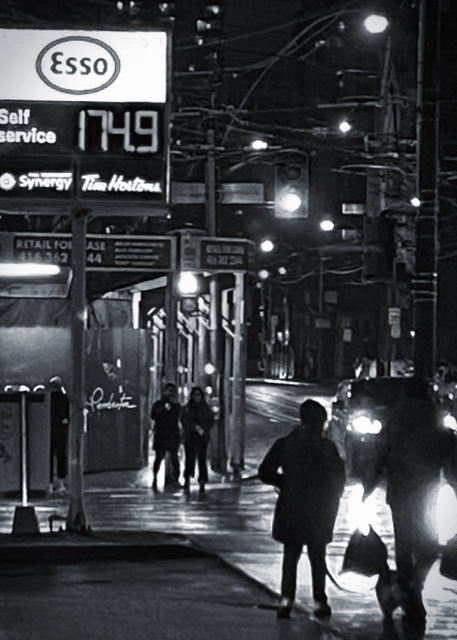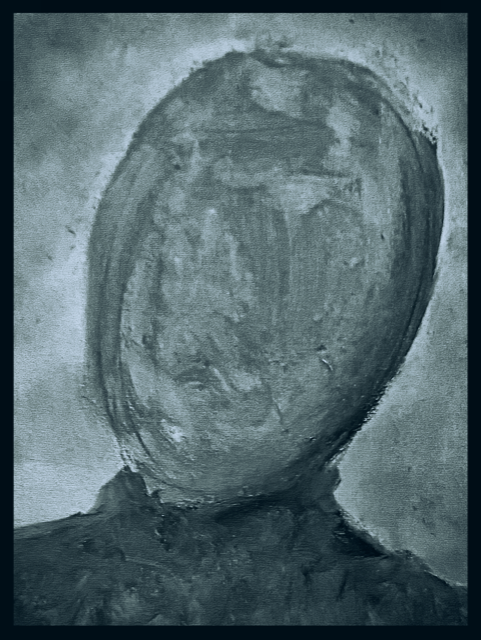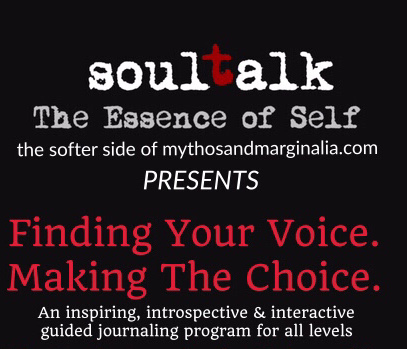
Awaken the night
feeling a fire,
new moon of fortune, new moon desire.
Headlights randomly spray
stray light in the wake
of a few restless souls, little left
to forsake.
Window cracked slightly, aware of the noise,
discounting discomfort, confronting a choice.
A season of change and mysterious ways
growing weary of colour,
and
tired of the days.
A breath wholly taken in the good name of fear,
exhale in silence,
the silence found here.
Winter is going, but never soon enough,
it’s the waiting for the waiting that
makes it so tough.
Test pattern sheds light on the night’s darkest hour
before pre-dawn confusion from a much higher power.
Sanctimonious lessons in a stiff designer suit
no lack of words, she knows what to do.
Obey,
fall in line
or
fall out of grace,
Heaven, in her good judgment,
is a judgmental place.
New moon wonder,
new moon is now,
unconscious thought enlightens somehow.
To be mindful of a future only makes sense
stop reviewing past actions in solely past tense.
Breathe it all in,
as you listen and learn,
question your morals and for what you may yearn.
No dreams for the restless, wandering their way,
few thoughts for the weary with so much to say.
New moon,
new cycle, falls into sight
dilemmas become clearer when the days become bright.
©2016 j.g. lewis




